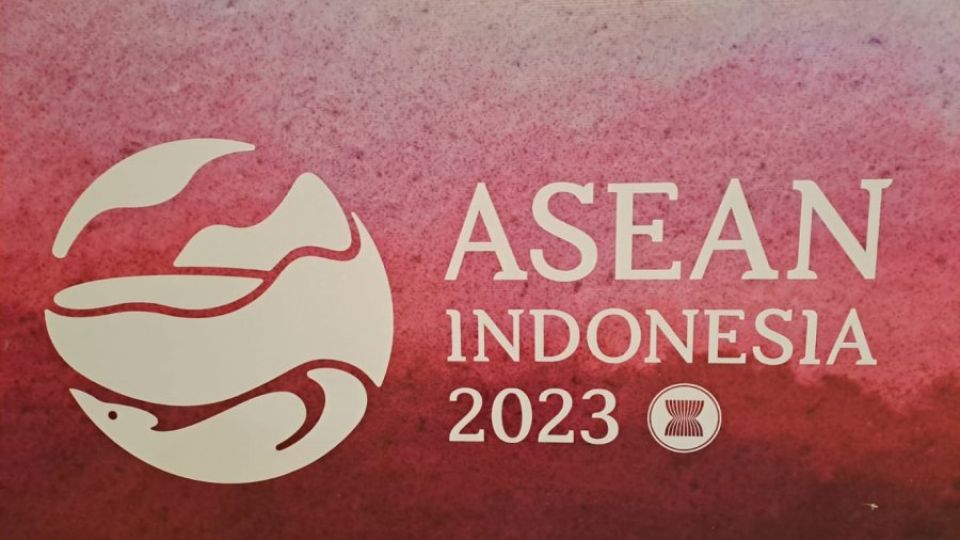August 29, 2023
JAKARTA – ASEAN countries are seeking to promote the digital economy framework agreement (DEFA), which will allow the region to greatly increase its digital economy potential, but Indonesia’s current protectionist policies may stand in the way of reaching that goal.
During the five-day meeting, which ended on Aug. 22 in Semarang, Central Java, ASEAN member states agreed that the DEFA will be made legally binding, emphasizing that each country must change their domestic policies according to the agreement.
One aspect of the DEFA would regulate e-commerce and cross-border goods movements, as well as digital trade, cybersecurity, digital ID and digital payments, among others.
Previously, ASEAN leaders agreed in May to move the launch of the DEFA negotiations forward to September 2023, two years earlier than it had initially planned.
“[The private sector has] requested that ministers require ask negotiators to look deeply into the whole value chain of the e-commerce digital economy,” Deputy ASEAN secretary-general Satvinder Singh told reporters at the 55th ASEAN Economic Ministers Meeting in Semarang.
“Now that definitely includes the taxes. It includes mechanisms of how you handle low value goods, across borders,” Singh said.
ASEAN’s digital economy is projected to triple to almost US$1 trillion by the end of 2030 through the natural adoption of digital technologies, from approximately $300 billion, according to a bottom-up model developed by Boston Consulting Group.
With the DEFA, that figure is projected to double to $2 trillion, according to the ASEAN secretariate.
Presumably, this will not pose a problem for any of the ASEAN countries, but it could conflict with Indonesia’s plan to limit the number of foreign products available on online trading platforms to protect the local market and small businesses from cheap imported goods.
The restriction has not yet been made clear as it is still in the drafting process. However, this limit on foreign products would be carried out by imposing a minimum freight-on-board (FOB) price of $100 per unit, according to a draft seen by The Jakarta Post early this year.
The draft was prepared as a new regulation to amend Trade Ministry Regulation No. 50/2020 concerning the e-commerce industry.
Regarding the draft, Singh said “it is very hard to comment on now” given that the discussion will still take a few more years, and all negotiators, including the Indonesian representatives, will be provided with the space to express their opinion.
“Naturally, as negotiators, we’re set to negotiate, these are going to be issues of the day. […] It’s too early for anyone to comment,” said Singh.
As it would be made legally binding, any country that does not follow the charter will have to explain itself to the others and this could be complicated, Singh said.
The goals of the DEFA negotiations on e-commerce are clarity, transparency and productive efficiency within both ASEAN as a whole and each of the member states, said Singh.
Trade Ministry International Trade Negotiations Director General Djatmiko Bris Witjaksono told the Post on Friday that negotiations on the DEFA are just about to start, and the government will monitor the developments.
Center for Indonesian Policy Studies (CIPS) researcher Hasran told the Post on Thursday that the planned import restriction “goes against the spirit of the DEFA” and so far, no other ASEAN member state has had a similar experience.
Regardless of the bargaining power Indonesia has in the regional bloc, Hasran said Indonesia cannot expect the other ASEAN member states to accommodate its planned regulation.
Allowing Indonesia to move forward with the regulation may affect not only trade between ASEAN countries, but also with non-ASEAN countries such as China and Australia, he argued.
“Although Indonesia is the bloc’s chair this year, that does not guarantee that other ASEAN states will abide by our import restriction,” Hasran told the Post on Thursday.
As 2023 chair, Indonesia is committed to wrapping up DEFA negotiations by 2025. Whether that can be accomplished depends on the number of binding commitments expected.
“If the level of expected commitments is high, but the standards in each country are still disparate, the negotiation could take longer,” said Hasran.
Local graft advocacy group the Indonesian Anti-Corruption Community (MAKI) said it projected the ban could lead to a loss of up to Rp 2.5 billion ($163,548) per year for Indonesia in the form of potential tax revenue.
Institute for Development of Economics and Finance (Indef) economist Nailul Huda told the Post on Friday that he believes any agreements should benefit small local businesses even if that means limiting foreign goods, which he hoped negotiations on the DEFA could reflect.
Devi Ariyani, executive director of the Indonesia Services Dialogue (ISD), which advocates for service sectors including e-commerce, said on Friday that the DEFA would help accelerate e-commerce growth and help small businesses conduct international trade.
Similarly, Firlie Ganinduto, deputy chair of information and technology at the Indonesian Chamber of Commerce and Industry (Kadin) said on Friday that the country could still stand firm in the face of incoming foreign goods as long as it has a method to promote local products in domestic markets.


